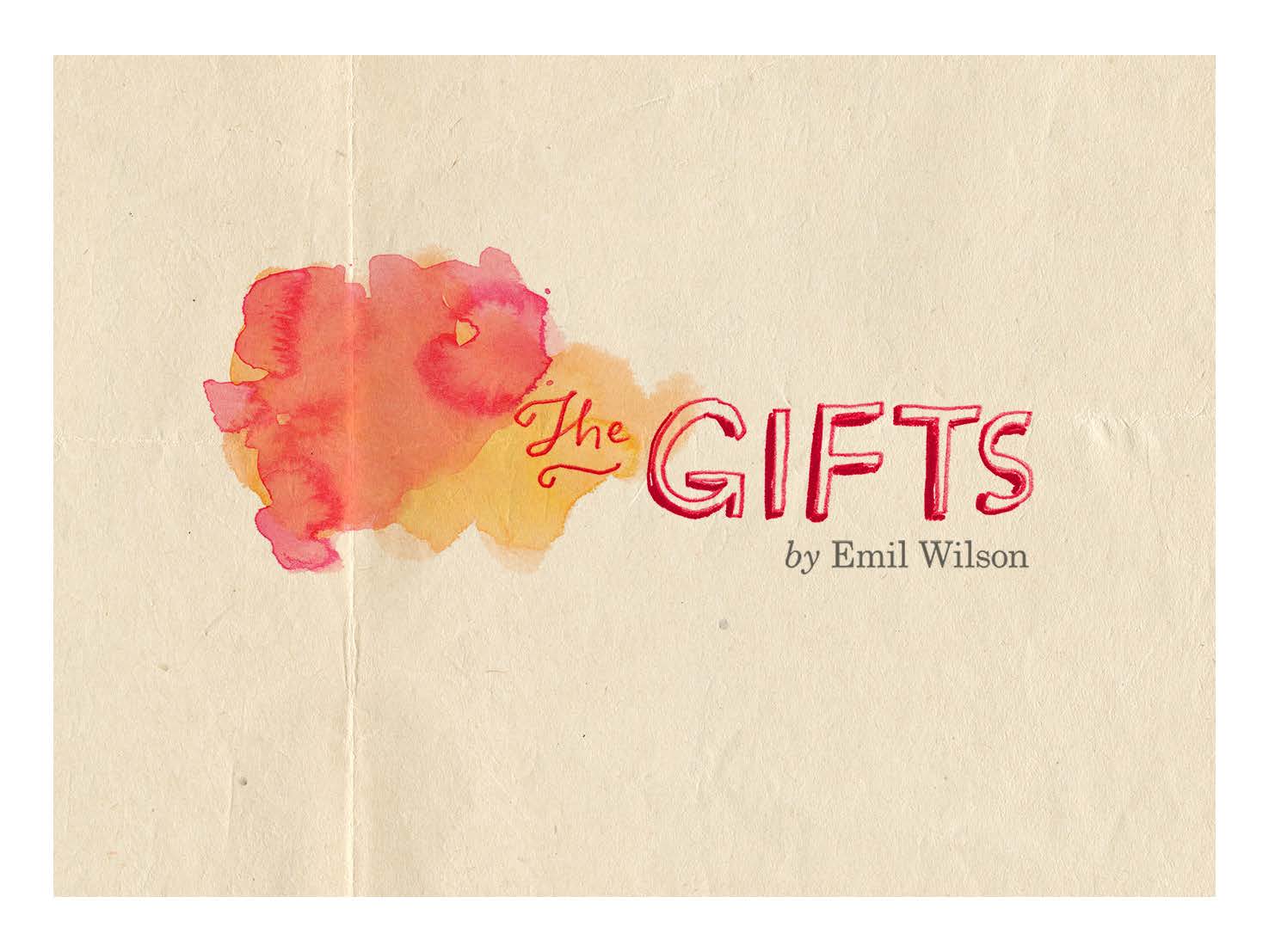Red Hen Press celebrates 30 years of independent publishing in 2024, and will mark the occasion at its annual fundraiser luncheon on October 6. Based in Pasadena, Calif., the indie press publishes 27 titles in fiction and poetry annually, and is distributed by PGW. In its three decades, Red Hen has published more than 600 titles—many by LGBTQ, BIPOC, and disabled writers.
Red Hen also boasts the distinction of being the poetry publisher of novelist Percival Everett, whose works—including Erasure (Graywolf) and James (Doubleday)—have built him a massive following. On August 20, the press published Everett’s sixth poetry collection, Sonnets for a Missing Key.
“Red Hen has been wonderfully encouraging and receptive to my poetry,” Everett told PW. “Their attention to quality and to a greater mission for art is always inspiring to me.”
CEO and publisher Kate Gale cofounded Red Hen in 1994 with Mark Cull, who presently serves as artistic director and contracts officer. “We started as a poetry press,” said Gale, and after two years added prose to the list. Prose titles now make up two-thirds of Red Hen’s publications, and Gale takes pride in being able to publish a variety of work outside the scope of corporate publishers. “I think of Red Hen as like a little kayak, and if we change our mind about something, we can quickly change direction,” she said.
Recently, Red Hen has tilted toward the reading tastes of younger generations, and the risks are paying off. “We have a young millennial team, and they’re reading fantasy and a little more genre,” Gale said, which led to the 2023 success of L.A. author Madeleine Nakamura’s fantasy Cursebreakers. This season, Red Hen’s lead titles include a debut thriller by journalist Aliah Wright, Now You Owe Me (Sept.), and a murder mystery by L.A. author DC Frost, A Punishing Breed.
“Five years ago, we moved from our core of poetry and literary fiction toward upmarket fiction,” said Gale. “I would say that the editorial has evolved.”
Red Hen’s seven imprints allow for flexibility as well. Among these are Boreal Books, an imprint Red Hen established to spotlight Alaskan authors and subjects, and Xeno Books, which Gale called a “catch-all” for titles that fall outside Red Hen’s usual parameters.
“A Xeno book that’s selling well is The Essential Fundraiser’s Handbook” by philanthropist Lisa Greer, Gale explained. Although it’s not fiction or poetry, “we thought, let’s make this a Xeno book. It’s the kind of unusual imprint where we can start off with a small run and see what happens. Jennifer Risher’s book, We Need to Talk: A Memoir About Wealth, ended up selling 3,000–4,000 copies as a Xeno title. That was our biggest selling book that year, so sometimes it surprises you.”
Book series, prizes, and educational programs also signal the press’s values. The press launched its Writing in the Schools program, a K–12 program providing free creative writing workshops and books to over low-income students, in 2003. It offers five awards, each with a cash prize and Red Hen contract, including—since 2023—a fiction award in memory of the late novelist Cai Emmons. As for its imprints and series, Letras Latinas, an imprint directed by the University of Notre Dame’s Institute for Latino Studies, invites Latino/a poetry, while Quill, an LGBTQ-specific list edited by Red Hen deputy director Tobi Harper, specializes in LGBTQ literature.
“When Quill started, Red Hen was publishing one LGBTQ title a year, and when Letras Latinas started, it was publishing one Latina title every two years,” Gale said. “But what happens is, people know you’re excited about LGBTQ and Latina titles, so you receive more of those kinds of titles. We ended up having winners of our Benjamin Saltman Poetry Award who are LGBTQ or Latina. Tobi feels the series changed the game at Red Hen because we were advertising, ‘This is who we are. This is what we’re looking for.’”
Red Hen’s 12-person staff is predominantly BIPOC and LGBTQ, and approximately half of the staffers began as interns. Red Hen works with the L.A. County Arts and Culture Commission and with the Occidental College internship program to arrange paid and often remote internship opportunities. One former intern is media director Monica Fernandez, who was hired full time in 2018.
“As of now we are an entirely women-slash-nonbinary press, and it’s been such a point of pride for me to be one of the BIPOC members of the team,” Fernandez said. “The work environment is conducive to the enthusiasm, the fire that that I think only BIPOC or LGBTQ people bring to the industry.”
As Red Hen moves into its fourth decade, Gale feels confident about growth. Although she doesn’t want to publish more than 27 books per year just yet, “I’m planning to have deeper print runs,” she said. “Right now, 5,000–7,000 would be a big print run for us. I’m planning to have print runs of 10,000–25,000, and I’d love to be at a place five years from now where we have lead titles selling 25,000–50,000.” She pointed to another PGW distribution client, Europa Editions, as an example of sustainable growth.
“My other dream would be that sometime in the next five years we sell a book to a movie,” Gale added. “That would be so exciting for the team. I see Red Hen being one of the biggest presses on the West Coast.”


